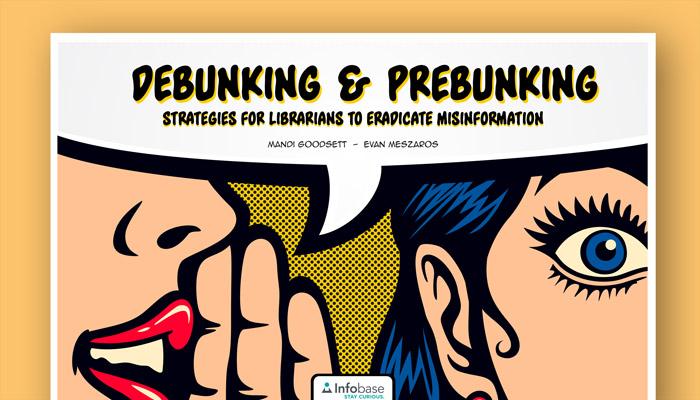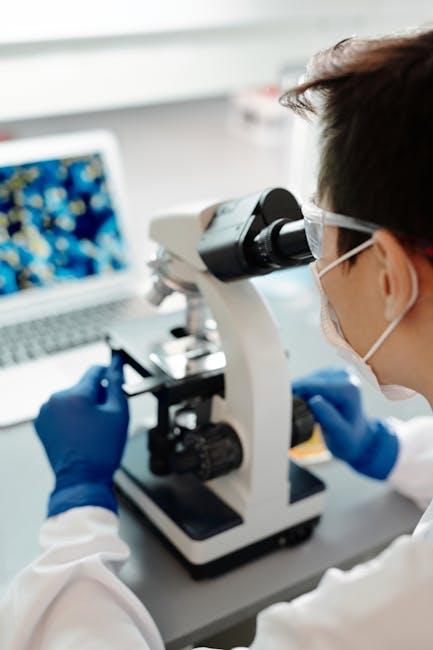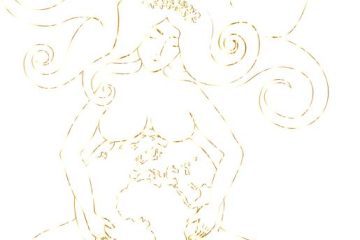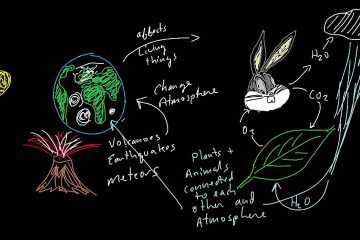In a world where scientific theories often paint a fascinating tapestry of our understanding of the universe, the Gaia hypothesis has long captivated minds with its provocative premise. Proposed by renowned scientist James Lovelock in the 1970s, this hypothesis suggests that the Earth functions as a self-regulating organism, maintaining conditions suitable for life. However, as with any scientific notion, scrutiny and analysis are crucial to separate fact from fiction. Join us on a journey as we delve into the depths of the Gaia hypothesis, exploring the arguments and evidence that challenge its validity in the realm of modern science. Let’s embark on a quest to unravel the mysteries and myths surrounding this captivating theory.
Table of Contents
- Debunking the Gaia Hypothesis: Unveiling the Scientific Truth
- Analyzing the Flaws in Gaia Hypothesis Arguments
- Examining Recent Research Contradicting the Gaia Hypothesis
- Navigating the Implications for Environmental Policies and Practices
- Q&A
- Closing Remarks

Debunking the Gaia Hypothesis: Unveiling the Scientific Truth
As scientific inquiry delves deeper into the intricate web of our planet’s ecosystems, the Gaia Hypothesis has long captivated minds with its controversial yet compelling premise. However, beyond the poetic allure of Earth as a self-regulating organism, a closer examination reveals a more nuanced truth.
Let’s unpack some key points that shed light on the complexities surrounding the Gaia Hypothesis:
- Interconnectedness vs. Autonomy: While the notion of a harmonious Earth system resonates with our ecological ethos, the actual dynamics are far from simplistic. Ecosystems operate with a delicate balance of interconnections and individual agency, challenging the idea of a singular, overarching entity.
- Evolutionary Forces: Darwinian principles underscore the continuous evolution of species and environments, shaping Earth’s landscapes over millennia. The Gaia Hypothesis, although provocative, falls short in encompassing the breadth of evolutionary mechanisms driving our planet’s biodiversity.
Analyzing the Flaws in Gaia Hypothesis Arguments
When delving into the Gaia hypothesis, it’s essential to scrutinize the foundational arguments that support this controversial theory. Let’s explore some of the key flaws that have been identified in the Gaia hypothesis, shedding light on the intricacies of this intriguing concept.
<p>One of the primary criticisms of the Gaia hypothesis is its anthropomorphic nature, attributing human-like qualities to the Earth. This anthropocentric approach has been a point of contention among scientists, challenging the validity of the hypothesis. Additionally, the lack of concrete empirical evidence to substantiate the claims made by the Gaia hypothesis further weakens its scientific credibility, leaving room for skepticism and critical analysis.</p>
Examining Recent Research Contradicting the Gaia Hypothesis
In light of recent studies challenging the Gaia Hypothesis, scientists are delving into the intricacies of our planet’s ecosystems to unravel the mystery behind this controversial theory. While the idea of Earth as a self-regulating entity has long captured the imagination of researchers and environmentalists, new findings are casting doubt on the concept’s validity.
Key points emerging from the latest research include:
- Inconsistencies: Contradictory data points are surfacing, indicating that the Earth may not function as a single, self-regulating organism.
- Biodiversity Impact: Studies suggest that biodiversity levels do not align with the predictions of the Gaia Hypothesis, raising questions about its core premise.

Navigating the Implications for Environmental Policies and Practices
In a world where environmental policies shape our approach to sustainability, the notion of Gaia hypothesis debunks traditional beliefs. **Challenging the very essence of interconnectedness between living organisms and the Earth**, this revelation sparks a new era of thought in environmental studies. It pushes us to reconsider the intricate dynamics between nature and human activities, urging a reevaluation of our environmental practices.
Amidst the debates and discussions following this groundbreaking development, a shift in perspective emerges. By questioning established environmental ideologies, we pave the way for innovative solutions and fresh perspectives on ecological issues. Embracing this paradigm shift opens doors to a future where environmental policies and practices are not bound by conventional wisdom but guided by a profound understanding of nature’s complexities and our role within it.
Q&A
Q: Is the Gaia hypothesis scientifically proven?
A: The Gaia hypothesis, proposed by James Lovelock and Lynn Margulis in the 1970s, suggests that the Earth functions as a self-regulating organism. While intriguing, this idea remains a subject of debate among scientists.
Q: What are some arguments against the Gaia hypothesis?
A: Critics argue that the Gaia hypothesis lacks empirical evidence and fails to meet the criteria of a scientific theory. Some experts believe that the Earth’s systems are complex but not purposefully coordinated as proposed by the hypothesis.
Q: Has the Gaia hypothesis been debunked?
A: While the Gaia hypothesis has not been definitively debunked, it has faced challenges in terms of scientific rigor and falsifiability. Many scientists believe that while the Earth exhibits self-regulating mechanisms, attributing intentionality to these processes may be a step too far.
Q: What is the current scientific consensus on the Gaia hypothesis?
A: The scientific community remains divided on the validity of the Gaia hypothesis. Some researchers see value in its holistic perspective on Earth’s systems, while others demand more concrete evidence to support its claims. Ongoing research continues to explore the intricate connections within Earth’s biosphere.
Closing Remarks
In conclusion, while the Gaia hypothesis has intrigued scientists and thinkers alike with its holistic view of Earth as a living organism, it is essential to approach it with a critical lens. By exploring the various perspectives and debunking prevalent myths surrounding this theory, we unveil a deeper understanding of our planet and the interconnectedness of its ecosystems. As we navigate the realms of science and philosophy, let us embrace the spirit of inquiry and continue to seek truth amidst the complexity of nature. Let the discourse on Gaia inspire us to marvel at the wonders of our world while fostering a sense of responsibility towards preserving its delicate balance.



0 Comments